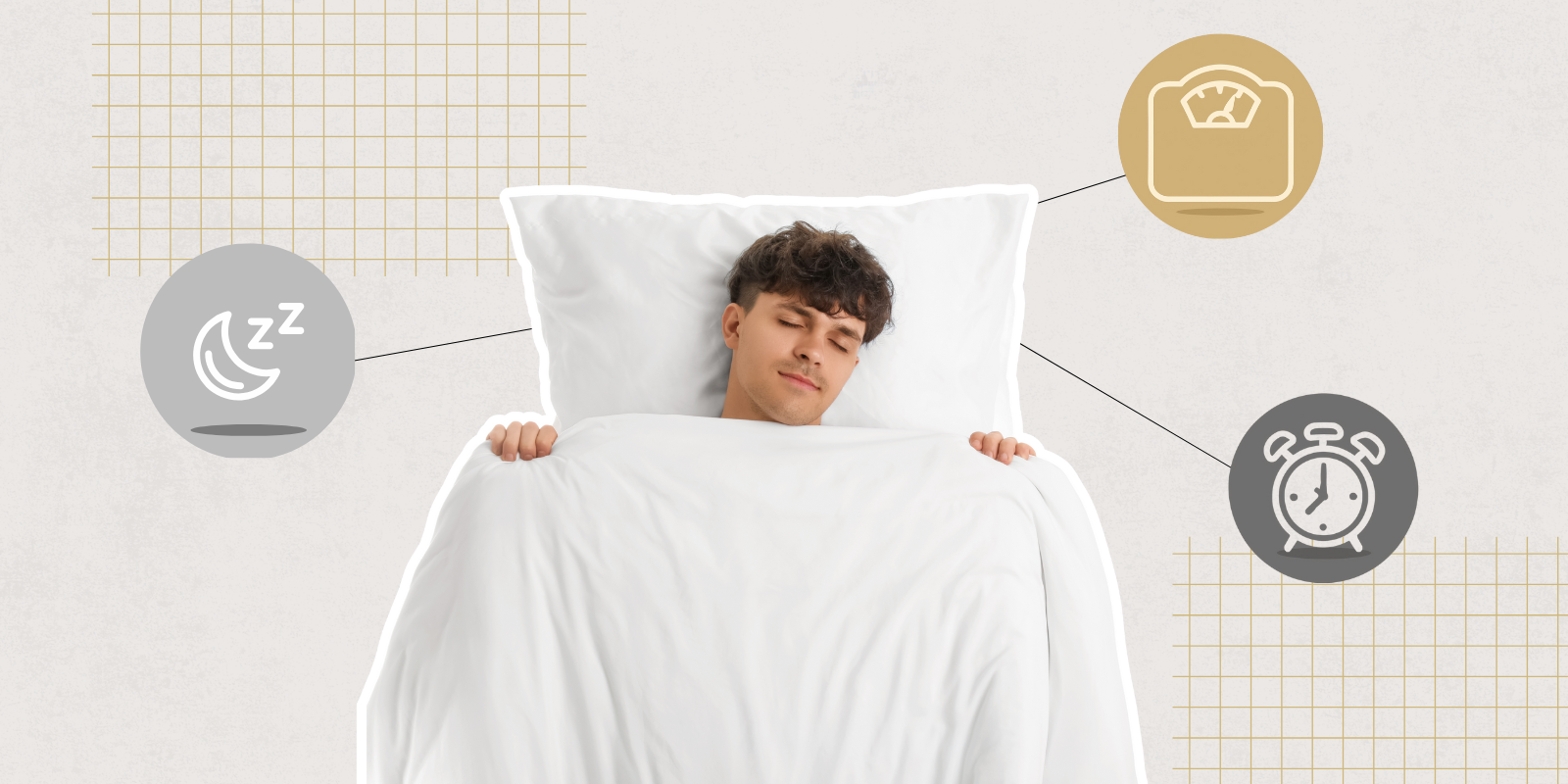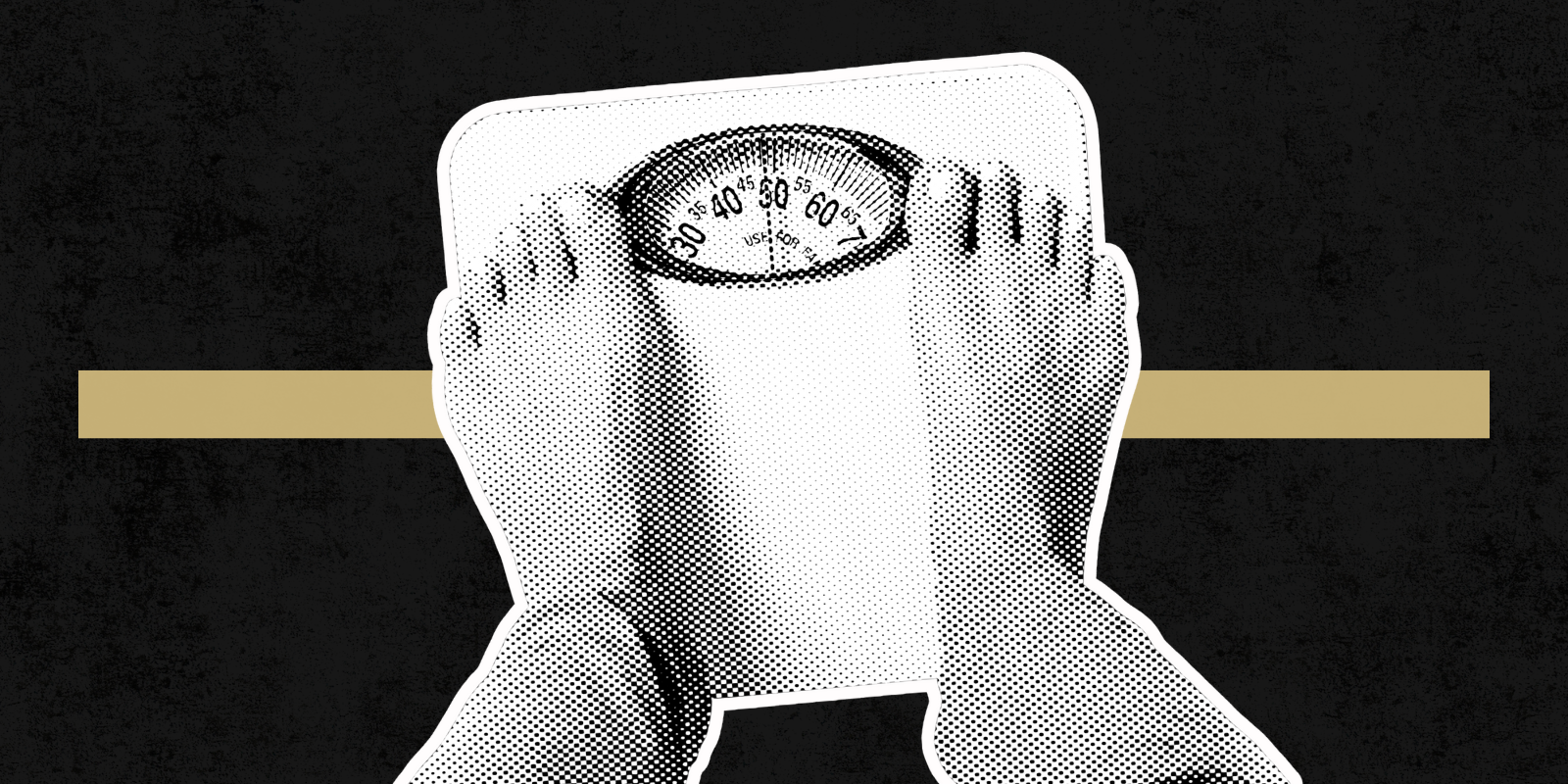Why is healthy sleep an important goal to focus on in the new year?
Sleep is the foundation of all things. Whatever resolution you make, especially if it has to do with wellness or health, maintaining good sleep should be part of that. That in itself will help you to achieve the other goals you have.
More people than ever are using some kind of background noise — a fan or a white noise machine — to help them sleep. Is that healthy?
There is some promise to it, but there are also caveats. The science and investigation behind it are ongoing, and there is still a lot of information that is needed. People can use sound as a tool to get better sleep, but they shouldn’t lose sight of the fact that there are some basics they should be working on as well. Sound is not going to be the end-all be-all that will give you good sleep.
How specifically does background sound help with sleep?
It's a cue for your brain to relax — so when you hear those sounds, your brain says, “Oh, it’s time to go to sleep.” It also distracts you, in that it masks other sounds that might be stimulating you to be awake. It helps for people who are hyperaware of their surroundings and are kept awake by environmental noises. While the general public has for years tuned into music, ambient sounds, and more recently brown noise for sleep, researchers have studied white noise and started to examine pink noise in their effects on ADHD, cognition, and other processes.
What can you say about the differences between white noise, brown noise, and pink noise, and which one is best to help you sleep?
In general, white noise is the entire spectrum of sound, all frequencies. Pink noise has all those frequencies as well, but the lower frequencies are boosted to be more prevalent. Brown noise is more like a rumbling sound with even deeper bass tones, almost like a heavy rainstorm.
Most of the studies around sleep have been done on white noise, and there have been some studies that seem promising on pink noise, but very little research has been done on brown noise. The premise is that pink sound frequencies mimic the brain activity frequency recorded at the scalp during deep sleep, so it could possibly boost deep sleep, the functions it serves, and ultimately improved brain function. Outside of research studies, people are trying different things, and many seem to find the lower-frequency sounds more soothing. People's preferences are different, though, so when it comes down to “what noise should I choose?,” it’s most important to choose the one you feel to be most relaxing.
What are the caveats when it comes to using background noise to help you sleep?
One question is whether or not you keep it going during the night. That’s something I would caution people about. If they set a timer and a limit on the volume of the noise, automatically turning it off while sleeping, I think there's less harm in that. If you limit it to the first half hour or use it just as you're falling asleep, that's probably not as big a deal. But if you're playing it throughout the night, there are studies that suggest possibly causing more arousals and awakenings. You may wake up feeling more tired, but it may take several months until you realize that the constant noise is what’s making your sleep worse.
There also have been a couple of systematic reviews looking at treating tinnitus, or ringing in the ears, with continuous white noise. There are some concerns that prolonged white noise could cause hearing loss or some sort of change in the structure of the central auditory system. Part of that is based on the idea of physiological activation and your auditory system is still picking up the sound, even if you’re asleep. Although that may help you to sleep, there's never any downtime for your auditory system.
If the noise is continuous for the entire night, the potential risk is hearing disturbance or loss. There's not a whole lot of data on this; it's theoretical at this point. I do recommend caution about continuous noise.
What are some of those basics for good sleep that you mentioned earlier?
A consistent sleep-wake schedule is important — knowing when your body and your brain want to go to sleep and sticking to that. That can be a challenge sometimes because of everything that we’re trying to fit into a day, which is like a 24-hour nonstop day anymore. It’s also important to “go dark” before bed — not just lights, but also dark in terms of devices and mental processing. Wind everything down at least an hour before you want to sleep. If you have a little downtime before you go to sleep, that's better for your mental health and sleep quality. Even if you're already getting your seven or eight hours, you might wake up feeling more refreshed and ready to go in the morning.





